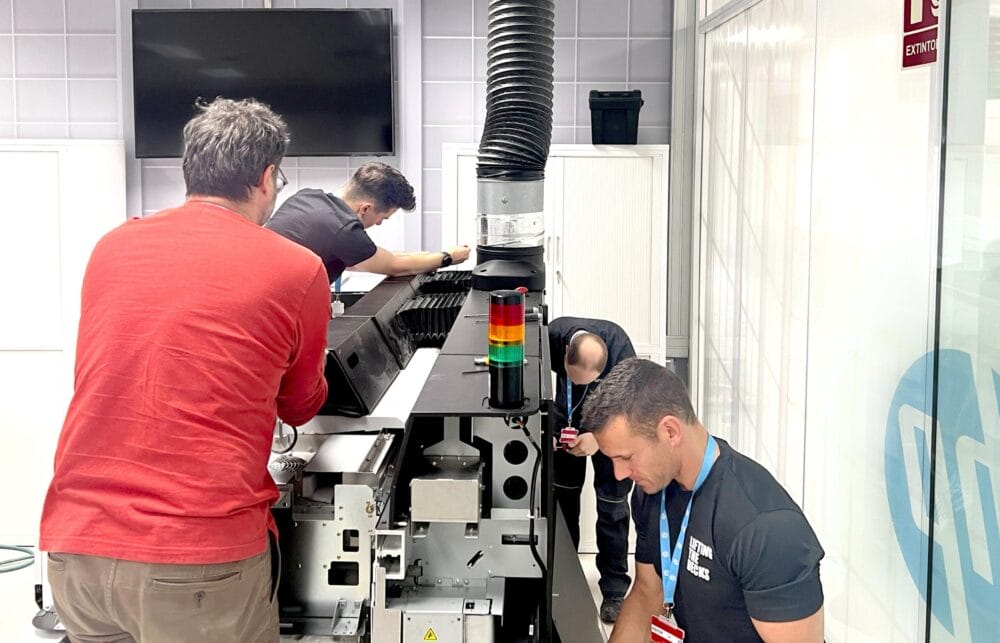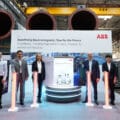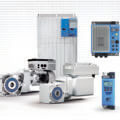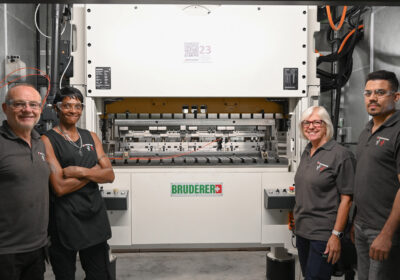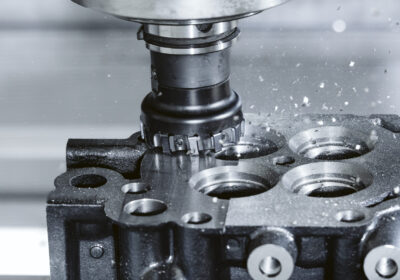3DPRINTUK, a leading specialist in on-demand production using advanced powder bed fusion (PBF) 3D printing, announces an expansion of its in-house HP Multi Jet Fusion (MJF) machines from 3 to 5. Responding to growing demand for larger batch production runs within tight lead times, this move strengthens the company’s ability to meet customer needs with increased efficiency and capacity. The new MJF machines sit alongside the company’s extensive bank of EOS SLS machines, and comprehensive array of DyeMansion post-processing equipment ensuring it can provide high quality parts in a speedy and economical fashion.
“We’re excited to expand our MJF capabilities with two new machines,” says Nick Allen, Managing Director of 3DPRINTUK. “This investment allows us to meet customer demands with even greater speed, precision, and flexibility. With these new advanced machines, we can ensure our turnaround commitments, higher precision, and increased production volumes, all while maintaining the exceptional quality our clients expect. This investment underscores our commitment to leveraging optimal cutting-edge technology to meet the evolving needs of our customers and drive the future of additive manufacturing forward.”
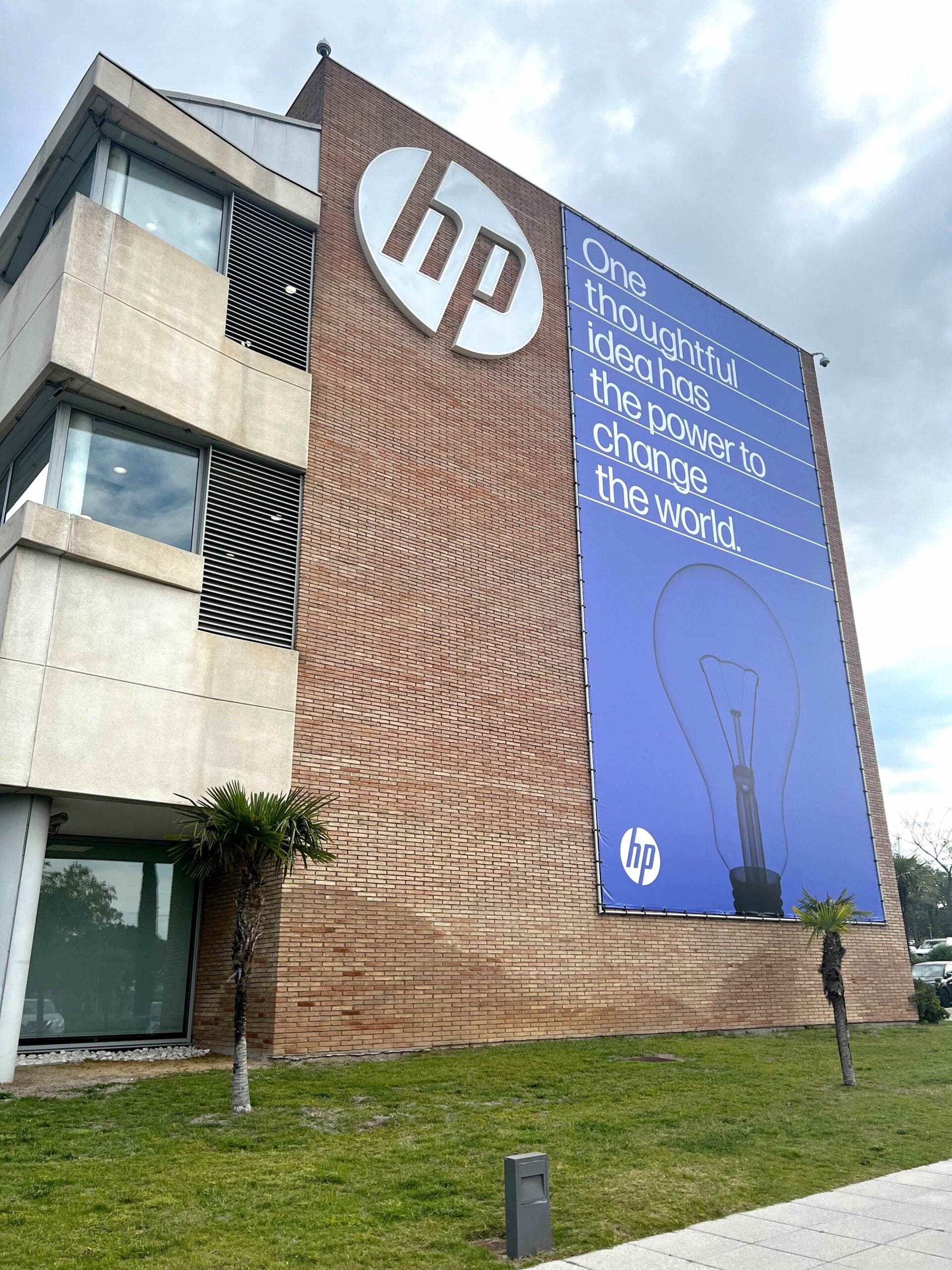
HP Training Centre
Over the last 13 years, 3DPRINTUK has mastered the process of 3D printing with polymer powders, with no need for support material, virtually no layer lines, and short turnaround times. The company is the chosen partner for producing one-off prototypes through to production runs of tens of thousands of parts for countless customers on demand. MJF technology rapidly produces functional nylon prototypes and end-use parts with fine detail, smooth surface finishes, and consistent mechanical properties. As such, the technology is typically used for the building of parts requiring consistent isotropic mechanical properties, functional prototypes and end-use parts, or parts with complex and organic geometries with fine features.
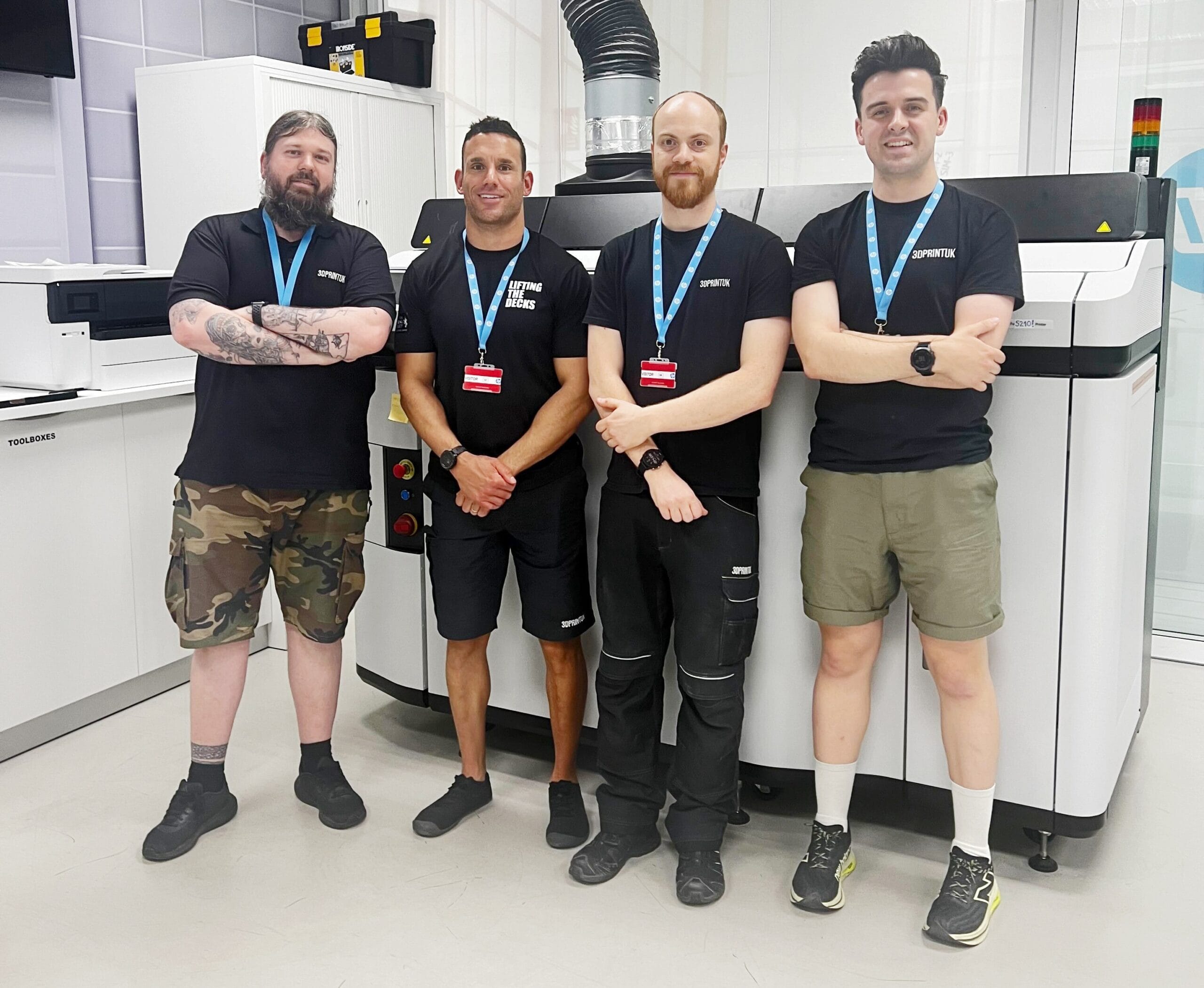
3DPRINTUK’s expert team of MJF specialists (left to right): Kirby Downey, Oliver Hardy, Stuart Dye, and Cam Gutteridge.
3DPRINTUK is aware that the number of machines is only one aspect of serving a growing customer base which requires continuity of supply and consistently high-quality parts on time and at the right price. For 3D printing bureaux like 3DPRINTUK, machine breakdowns can lead to several negative effects for customers, not least unexpected delays in production which can disrupt project timelines, causing significant inconvenience and potential financial losses. Machine breakdowns and subsequent machine downtime means customers may experience extended lead times, which can affect their own production schedules and market readiness. Additionally, continual breakdowns can compromise the quality and consistency of printed parts, leading to possible defects and reduced reliability.
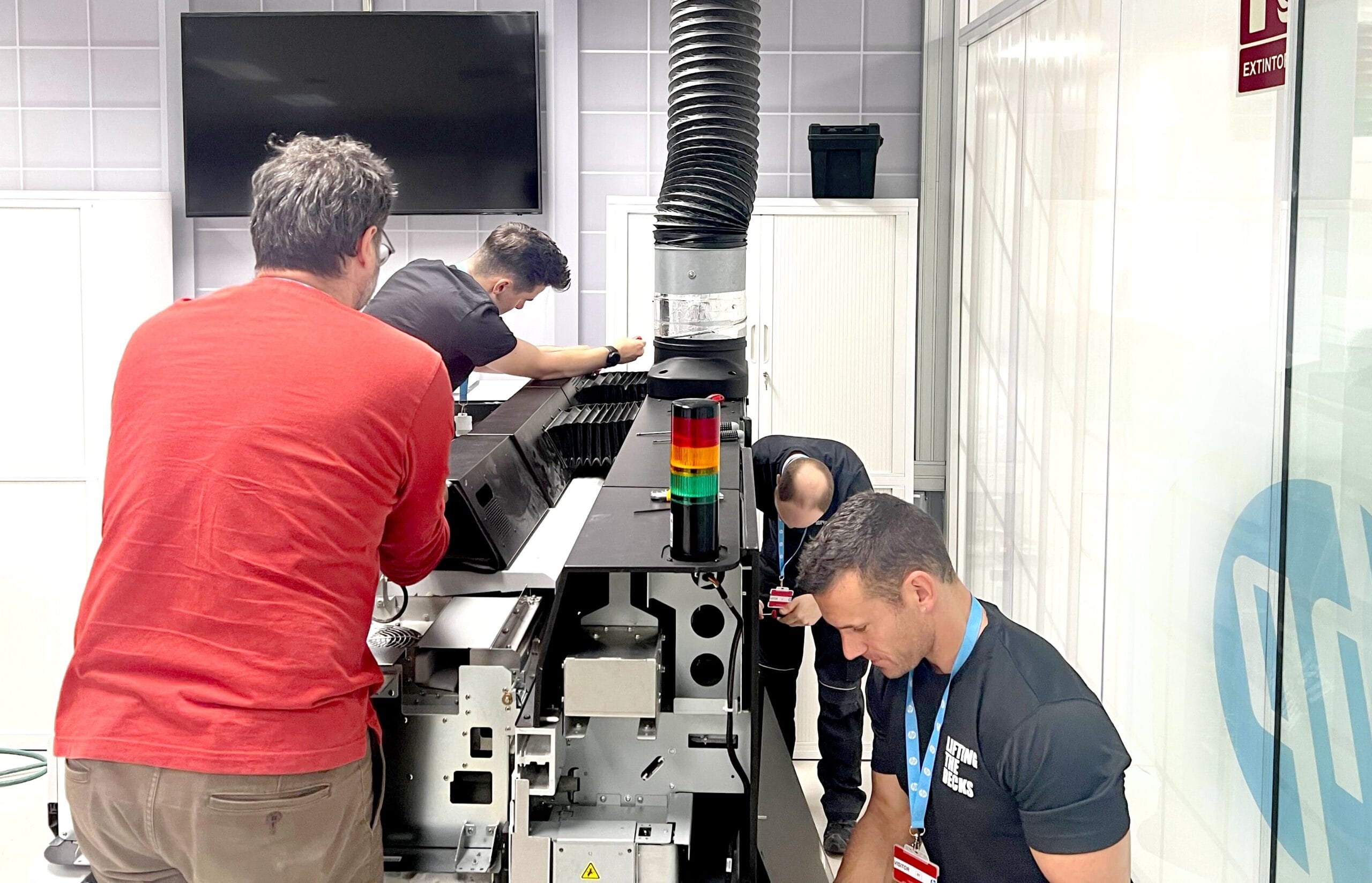
3DPRINTUK team working on an HP 350
Allen continues, “With this in mind, we are also pleased to announce that we now have a team of three dedicated maintenance engineers for our growing suite of MJF systems, all with unparalleled experience and knowledge of the systems. This MJF-focused team is in addition to the maintenance team already dedicated to the SLS machines. Having in-house engineers allows us to quickly address any technical issues, reducing reliance on external support and ensuring faster turnaround times. This proactive approach not only mitigates downtime but also enhances machine longevity and performance, ensuring our customers receive a reliable, timely service with superior product quality.”
With these advancements, 3DPRINTUK continues to lead in additive manufacturing, providing reliable, high-quality solutions for all customer needs. For more information or to explore the company’s services, visit www.3dprint-uk.co.uk.

